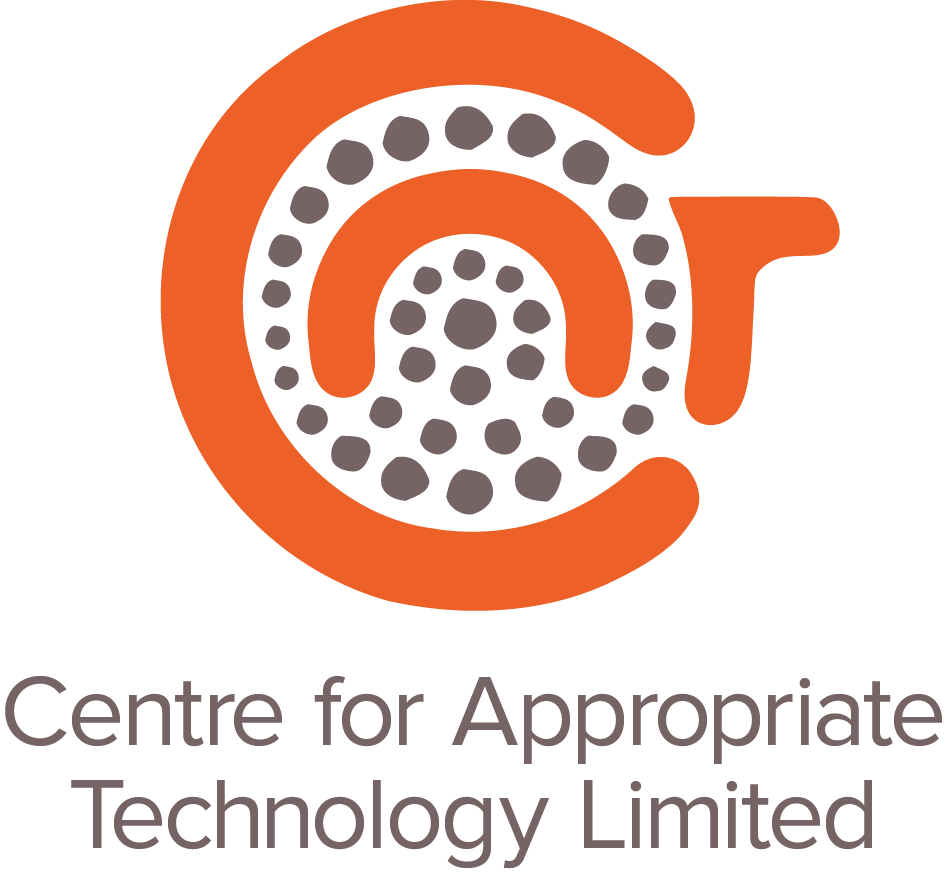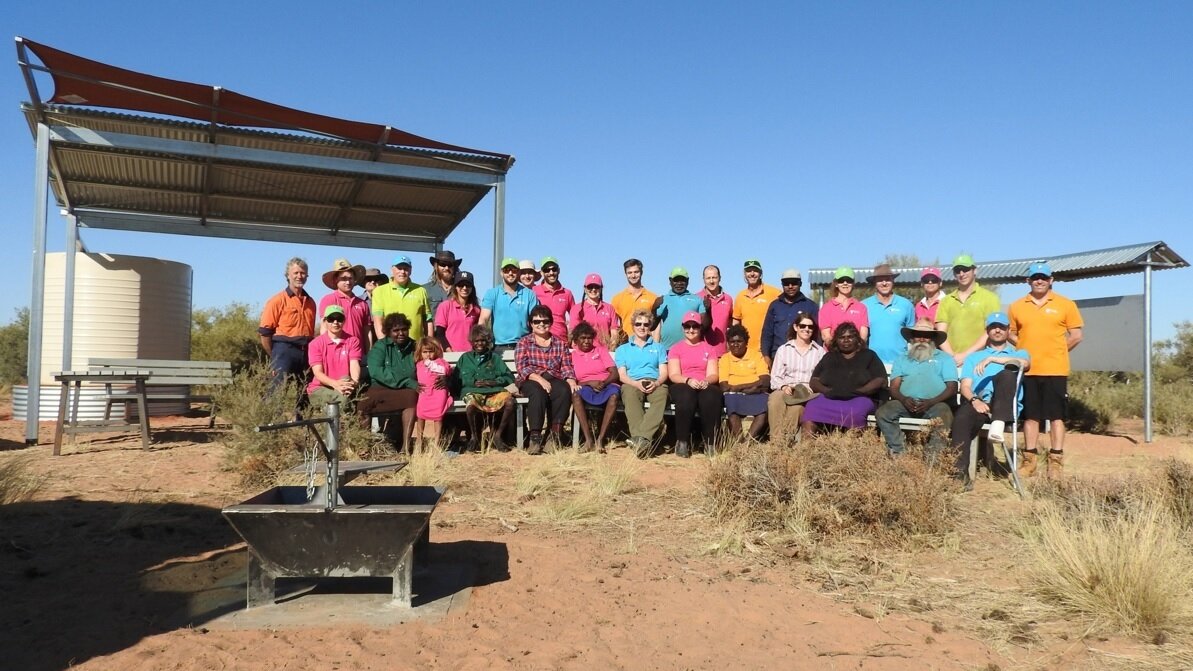Technology on Country:
Water, Sanitation and Hygiene (WASH)
Clean, fresh drinking water is essential to the ability to live and thrive on country. Without reliable, safe and clean water, it is impossible to establish a presence on country.
The majority of remote Indigenous communities have a population of less than 50 people. Compared to larger communities, many of these communities have limited service provision, with no formal resident manager of the supply, or no service provider at all.
In these places, choices of a water source are often limited. Vast distances limit external services; technologies can be unsuited to local conditions; and residents’ skills and capabilities are frequently underutilised. Many systemic water supply failures can be traced back to a lack of targeted recurrent investment, care and attention, resident involvement and ownership, appropriate support, and forward planning to effectively manage the risks to community water supplies. The end result is that small homelands and even larger communities are running out of water, or are inadvertently reliant on poor quality supplies.
CfAT maintains expertise internally and within our network of partners to support establishment and maintenance of remote water supplies on country.
Resources
Community Water Planner Field Guide: A participatory water planning toolkit to use with small communities to identify and manage risk and hazards to the self-managed private water supplies. This is a tool for existing water supplies, but is also useful for codesign of new water supplies.
Case Studies
Port Stewart Water Supply: An award-winning project in partnership with Lama Lama people (Yintjingga Aboriginal Corporation) with extensive pro-bono engineering support from Arup Group and Engineers Without Borders. This project designed and built a new water supply for Port Stewart and continues to provide ongoing improvements.

